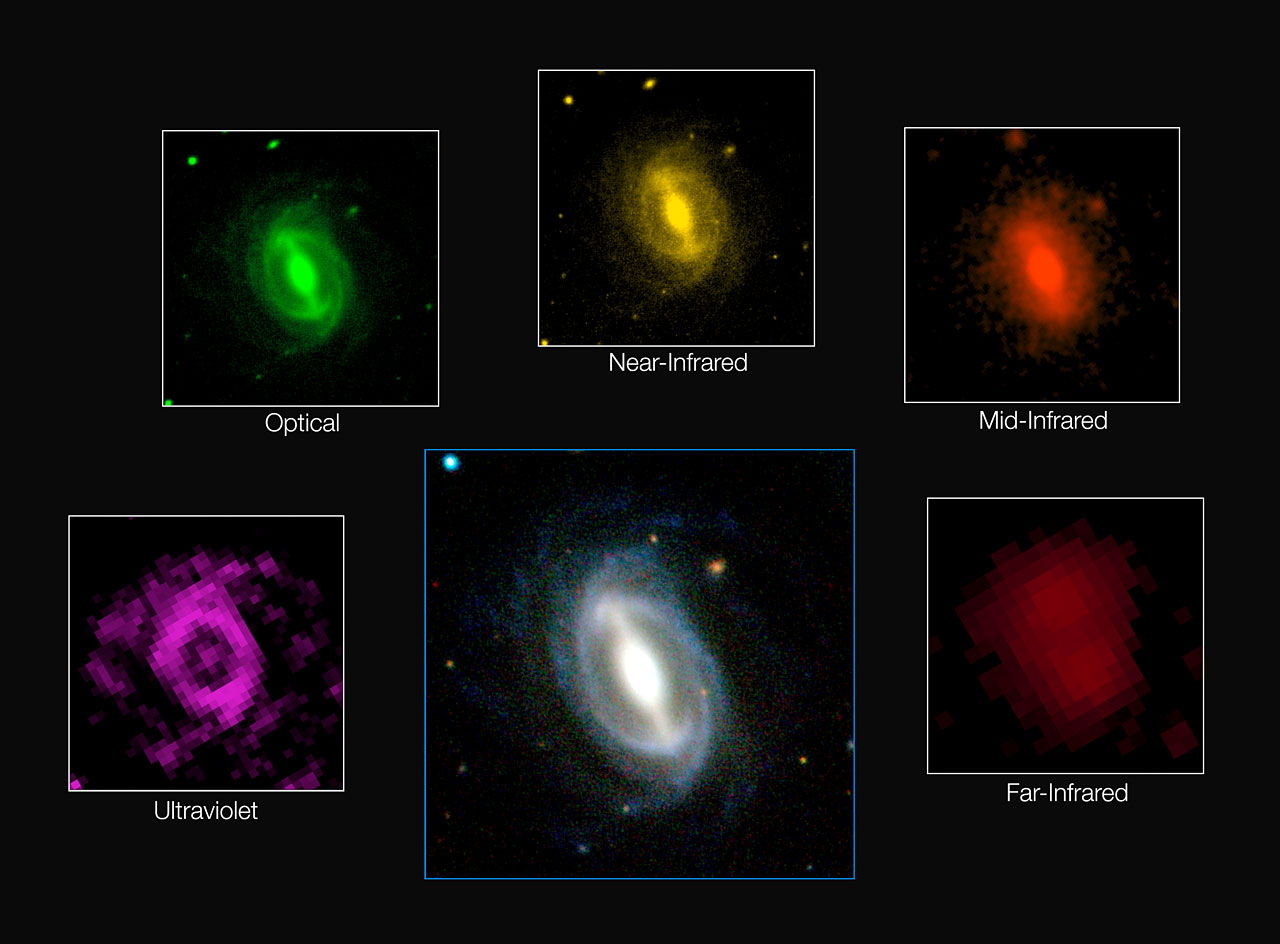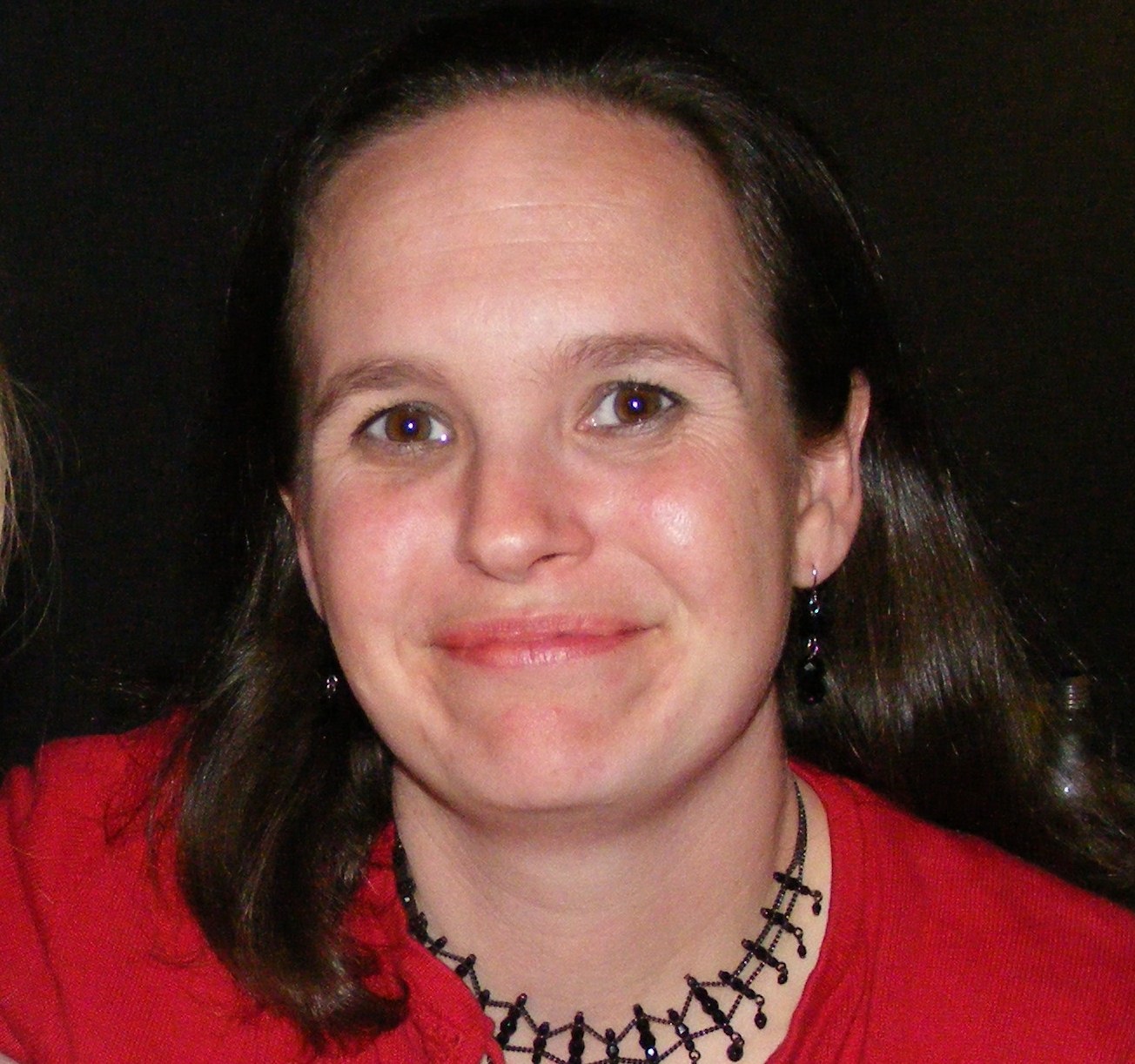It's Official: The Universe Is Dying Slowly

The most comprehensive assessment of the energy output in the nearby universe reveals that today's produced energy is only about half of what it was 2 billion years ago. A team of international scientists used several of the world's most powerful telescopes to study the energy of the universe and concluded that the universe is slowly dying.
"We used as many space- and ground-based telescopes as we could get our hands on to measure the energy output of over 200,000 galaxies across as broad a wavelength range as possible," Galaxy And Mass Assembly (GAMA) team leader Simon Driver, of the University of Western Australia, said in a statement. The astronomers created a video explaining the slow death of the universe to illustrate the discovery.
When the Big Bang created the energy of the universe about 13.8 billion years ago, some portion of that energy found itself locked up as mass. When stars shine, they are converting that mass back into energy, as described by Albert Einstein's famous equation E=mc2 (energy = mass x speed of light squared). [From the Big Bang to Now in 10 Easy Steps]
"While most of the energy sloshing around in the universe arose in the aftermath of the Big Bang, additional energy is constantly being generated by stars as they fuse elements like hydrogen and helium together," Driver said.
"This new energy is either absorbed by dust as it travels through the host galaxy, or escapes into intergalactic space and travels until it hits something, such as another star, a planet, or, very occasionally, a telescope mirror."
Astronomers have known that the universe is slowly fading out since the late 1990s. Using several telescopes on the ground, as well as NASA's orbiting GALEX and WISE and the European Space Agency's Herschel, the team found that the energy output is dropping over 21 different wavelengths, making their results the most comprehensive assessment to date of the energy output of the nearby universe.
"The universe will decline from here on in, sliding gently into old age," Driver said.
Get the Space.com Newsletter
Breaking space news, the latest updates on rocket launches, skywatching events and more!
"The universe has basically sat down on the sofa, pulled up a blanket, and is about to nod off for an eternal doze," he said.
Follow Nola Taylor Redd on Twitter @NolaTRedd Follow us @Spacedotcom, Facebook or Google+. Originally published on Space.com.
Join our Space Forums to keep talking space on the latest missions, night sky and more! And if you have a news tip, correction or comment, let us know at: community@space.com.

Nola Taylor Tillman is a contributing writer for Space.com. She loves all things space and astronomy-related, and enjoys the opportunity to learn more. She has a Bachelor’s degree in English and Astrophysics from Agnes Scott college and served as an intern at Sky & Telescope magazine. In her free time, she homeschools her four children. Follow her on Twitter at @NolaTRedd









